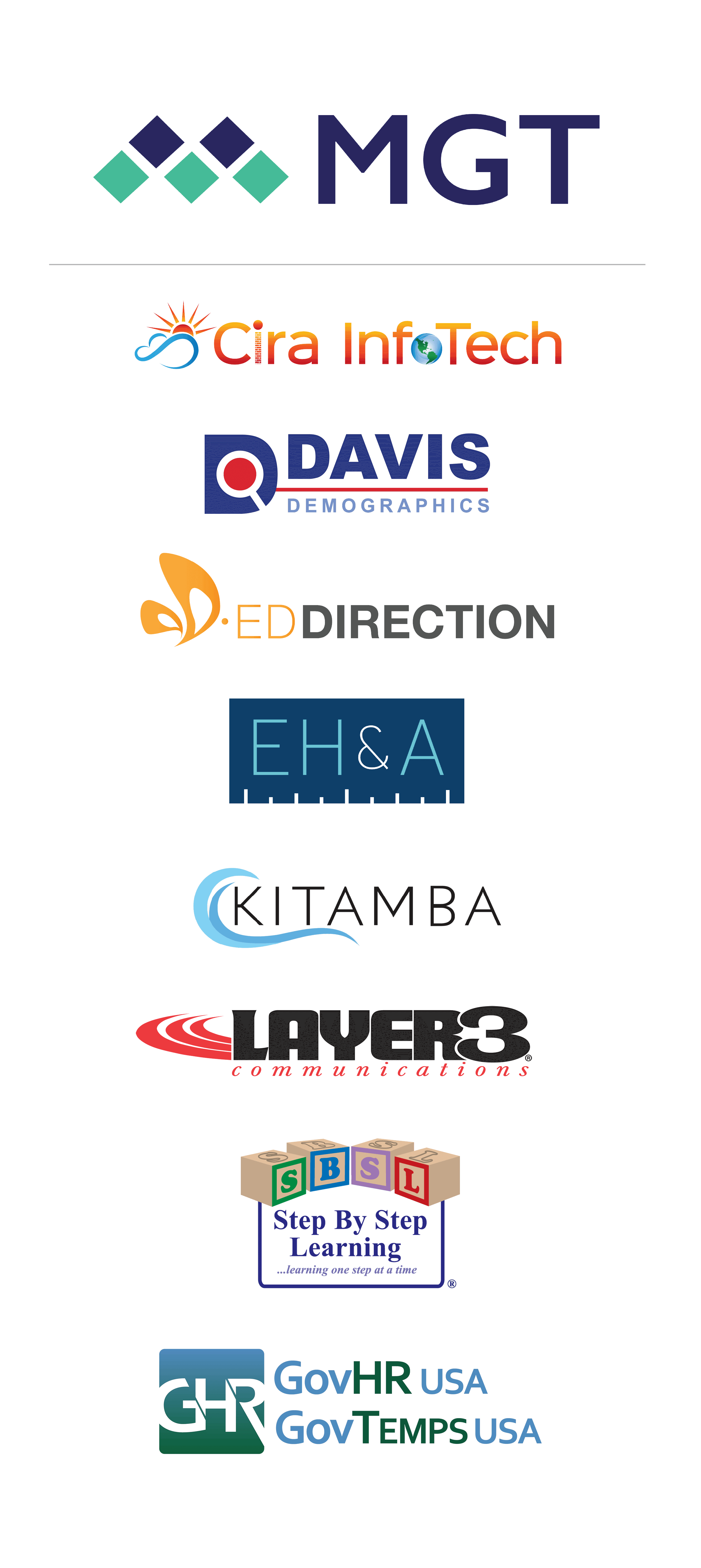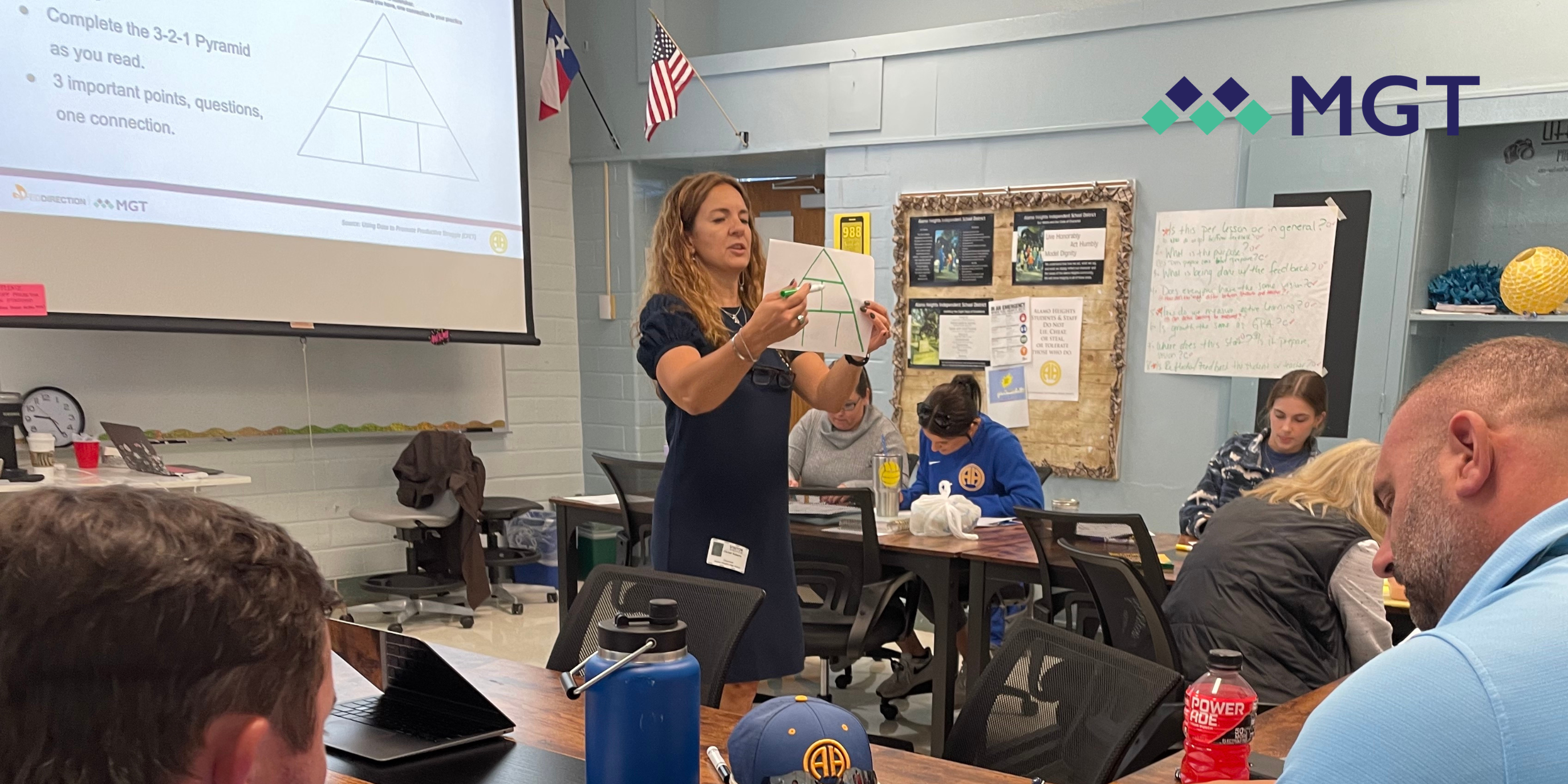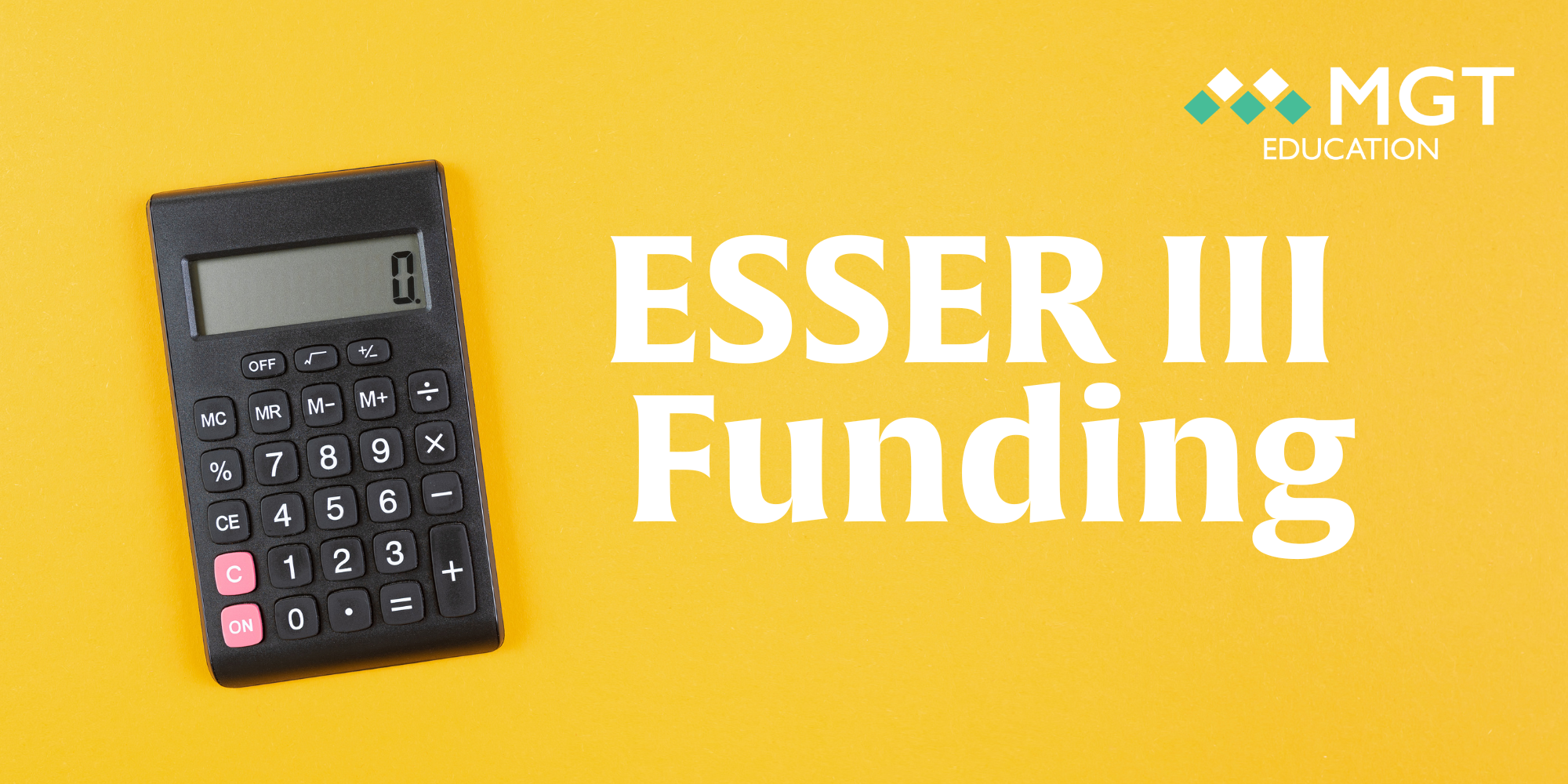Our Portfolio
Nationally-recognized. Locally-focused.
We partner with cities and counties, school districts, higher education institutions, and state agencies to help them achieve high-value, transformational change through our capabilities and industry knowledge, all powered by technology.







